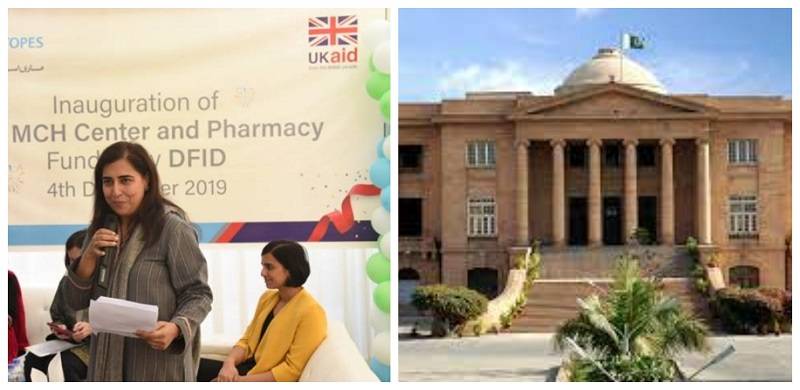
The Sindh High Court (SHC) has ordered that a 2013 policy regulating foreign funding of non-government organizations (NGOs) has 'no legal effect' as the federal government had not passed any legislation to implement the rule.
A petition filed by the Marie Stopes Society, a family planning and natal care NGO, challenged the jurisdiction of the Economic Economic Affair Division (EAD) under the authority of the Economic Coordination Committee (ECC) to regulate foreign funding received by NGOs. The policy required NGOs to request prior registration from and sign a memorandum of understanding with the government to receive funds from abroad.
The SHC found that the no policy or law had granted the Ministry of Finance, revenue and economic affairs or EAD the powers to regulate or monitor the NGO's funding operations, nor did these entities hold such vested authority. The SHC ruled that the 2013 policy did not carry any constitutional strength, legislative mandate, legal sanctity or backing of enabling law.
As reported in Dawn, the lawyer for the petitioner told the court that in following the now impugned 2013 policy, the NGO had registered a request for foreign funding, which had then allegedly been 'placed in cold storage.' The lawyer argued that the policy amounted to a violation of the Constitution, as it extended the authority of the state to legislate.
The SHC declared that the government had not provided sufficient evidence to establish any law supporting the 2013 policy, nor did the EAD hold such authority to issue or implement such a policy.
“It is crystal clear that the impugned letter dated 09.01.2019 rejecting the petitioner’s application for signing MoU and the decision on the appeal preferred against such order in terms of the policy is lacking reasoning,” the court order said.
A petition filed by the Marie Stopes Society, a family planning and natal care NGO, challenged the jurisdiction of the Economic Economic Affair Division (EAD) under the authority of the Economic Coordination Committee (ECC) to regulate foreign funding received by NGOs. The policy required NGOs to request prior registration from and sign a memorandum of understanding with the government to receive funds from abroad.
The SHC found that the no policy or law had granted the Ministry of Finance, revenue and economic affairs or EAD the powers to regulate or monitor the NGO's funding operations, nor did these entities hold such vested authority. The SHC ruled that the 2013 policy did not carry any constitutional strength, legislative mandate, legal sanctity or backing of enabling law.
As reported in Dawn, the lawyer for the petitioner told the court that in following the now impugned 2013 policy, the NGO had registered a request for foreign funding, which had then allegedly been 'placed in cold storage.' The lawyer argued that the policy amounted to a violation of the Constitution, as it extended the authority of the state to legislate.
The SHC declared that the government had not provided sufficient evidence to establish any law supporting the 2013 policy, nor did the EAD hold such authority to issue or implement such a policy.
“It is crystal clear that the impugned letter dated 09.01.2019 rejecting the petitioner’s application for signing MoU and the decision on the appeal preferred against such order in terms of the policy is lacking reasoning,” the court order said.

